Compassion in times of hardship
Thanh Hoa is one of the localities that welcomed the earliest Southern compatriots to regroup. According to information at the workshop "Thanh Hoa with Southern compatriots, cadres, soldiers and students regrouping to the North - 70 years of deep affection" in early October 2024, the first train carrying Southern compatriots broke through the waves and arrived at Lach Hoi - Sam Son port on September 25, 1954 amid the cheers of thousands of Thanh Hoa people. Within 9 months, from September 1954 to May 1955, Thanh Hoa welcomed a total of 7 trains with 45 trips, including 47,346 cadres, soldiers, 1,775 war invalids, 5,922 students and 1,443 families of cadres.
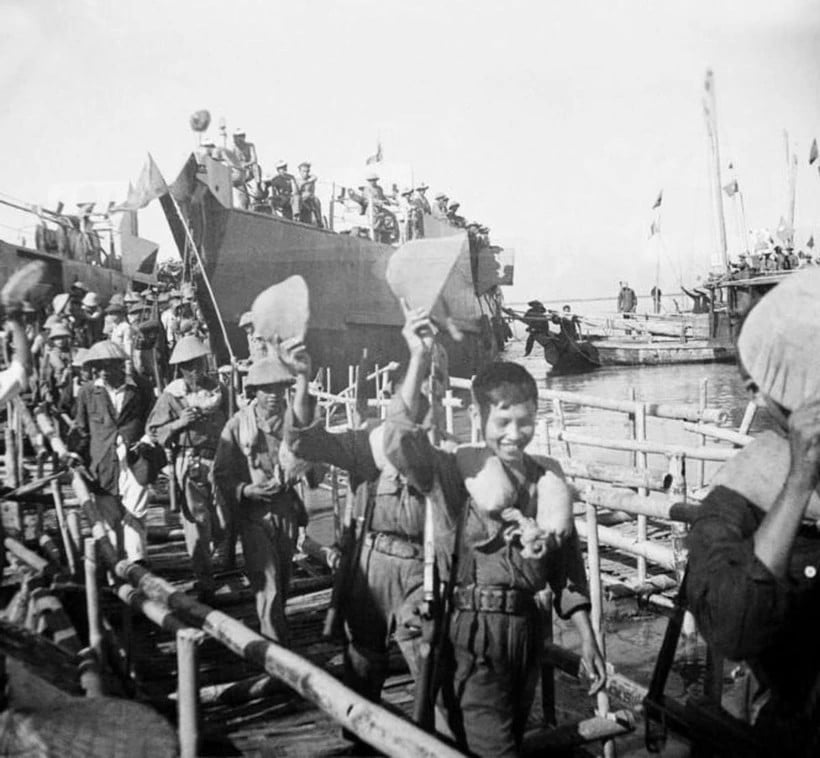 |
| Northern people welcomed cadres, soldiers and people from the South regrouping to the North at Sam Son wharf (Thanh Hoa), according to the provisions of the Geneva Agreement (September 25, 1954). (Photo: VNA documents) |
Throughout Thanh Hoa’s districts, the movement of donating to support the people of the South was taking place strongly. Thousands of sets of clothes, blankets, and food were prepared. To build temporary shelters, the mountainous districts transported tens of thousands of bamboo trees and wood to Thanh Hoa day and night, helping the people of the South to soon stabilize their lives.
Mr. Diep Van Son, Deputy Head and General Secretary of the Southern Student Liaison Committee of Ho Chi Minh City, recounted his memories of the first days he set foot in Thanh Hoa when he was only 9 years old. 70 years have passed, but he still remembers clearly the moment he was warmly welcomed by the people of Thanh Hoa.
He said: "In November 1954, I, a 9-year-old boy, set foot in Sam Son, Thanh Hoa for the first time away from home, after many days drifting on a ship of the former Soviet Union. Then the ship encountered a storm and had to take shelter on Hon Me Island. Afterwards, a fishing boat brought us to the mainland.
The first feeling was the cold, which was very strange to the people of the South... Then the cold, the homesickness of the children who were away from home for the first time also gradually subsided with the affection of the people of the North. The people of Sam Son (Thanh Hoa) welcomed them as if they were relatives, the children who had returned from far away.
On the first night, he and the southern children were given cotton shirts and blankets, items unfamiliar to southern children.
"We will always remember our first meal of braised pork with kohlrabi - the best meal after nearly 10 days at sea due to the storm.
(...) In the morning we went to the only well to rinse our mouths. Only then did we know what cold was. It felt like our teeth were about to fall out, and we were so scared that we didn't dare wash our faces.
These past few days, I have been continuously visited by delegations of elders, women, and youth. I feel warmed by their care and concern," Mr. Son recounted.
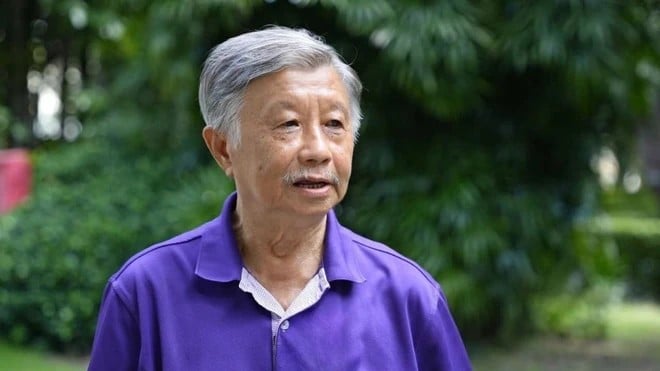 |
| Mr. Diep Van Son, Deputy Head and General Secretary of the Southern Student Liaison Committee of Ho Chi Minh City. (Photo: VNA) |
Mr. Son and four other students were assigned to stay with a family with three children. The oldest was 10 years old, the youngest was almost 2 years old. Mr. Son said: In the morning, the landlord and his wife went to the field early, we observed that the family did not seem to have dinner. She came back with a basket of potatoes that had not yet grown and some vegetables. In the evening, the whole family gathered around a pot of boiled potatoes, leaving a few for us the next morning.
At noon and in the afternoon, we went to the field kitchen to bring rice home to eat. Looking at the children, it seemed like they hadn't had rice for a long time, I felt sorry for them! We discussed making three bowls for the children every day. Seeing them eat so voraciously, I felt even more sorry for them. After a few days, the husband told us, "These children have been brought up by Uncle Ho and the Party, so we cannot let their standards be compromised, even by one bowl of rice."
Mr. Diep Van Son stayed in Thanh Hoa for three months, then was divided into classes and transferred to Hung Yen . “Over the past 70 years, I have carried memories of the first days in the North, in Thanh Hoa, where I represented the localities to welcome the children of the South, on the journey of a life full of hardships but also full of pride.
First of all, I would like to express my gratitude to Uncle Ho, the Party, the Government, the people of the North and our teachers, who, on behalf of our parents, have raised us to be good people. I am grateful to the people of the North who gave us food and clothes during a difficult but heroic time,” said Mr. Son.
A bowl of porridge of love
In the handwritten memoirs left by Mr. Phan Van Tang, from Kien Vang hamlet, Tan Hung Tay commune, Phu Tan district, Ca Mau province, there are many passages about the affections in the North and were quoted by Ca Mau newspaper.
“... On the fifth day, we arrived at Sam Son wharf. The big ships and shallow sandbanks could not dock, so we had to anchor about 1 km away. Although far away, we could still clearly see the bustling atmosphere on the shore, the drums and flags fluttering, the slogans resounding, spreading over the waves. The fishermen's boats rushed out to welcome us. The sailors of the Polish ship lowered rope ladders for us to get on the boat (...) The Party Committee and the people welcomed us very warmly. The village chief led us to each house to hand over. The people happily accepted.
That night, a very surprising thing happened: it was not until 9-10 pm that the people did not eat. When asked, we learned that that year, Thanh Hoa had a broken dike, a bad harvest, the people had no rice and had to use sweet potato leaves mixed with finely ground rice husks to steam and eat. Some people even went to the railway tracks to dig pennywort for meals, so there was a saying: "Thanh Hoa people, eat pennywort, destroy the railway tracks". Yet we soldiers were given 27 kg of rice per month, equivalent to 900 grams per day. Every meal had meat and fish, while the children did not have a single grain of rice in their stomachs from morning to evening. But every time we served rice in the communal house yard, we never saw the shadow of children coming to look. We admired the leadership of the Party and were moved by the people's actions. Many comrades were moved to tears. Turning our feelings into action, we gathered the remaining rice after the meal and brought it back to our compatriots. Several times, the local authorities discovered and reported it to the unit, and we were criticized. There were real shortcomings, but we have no regrets."
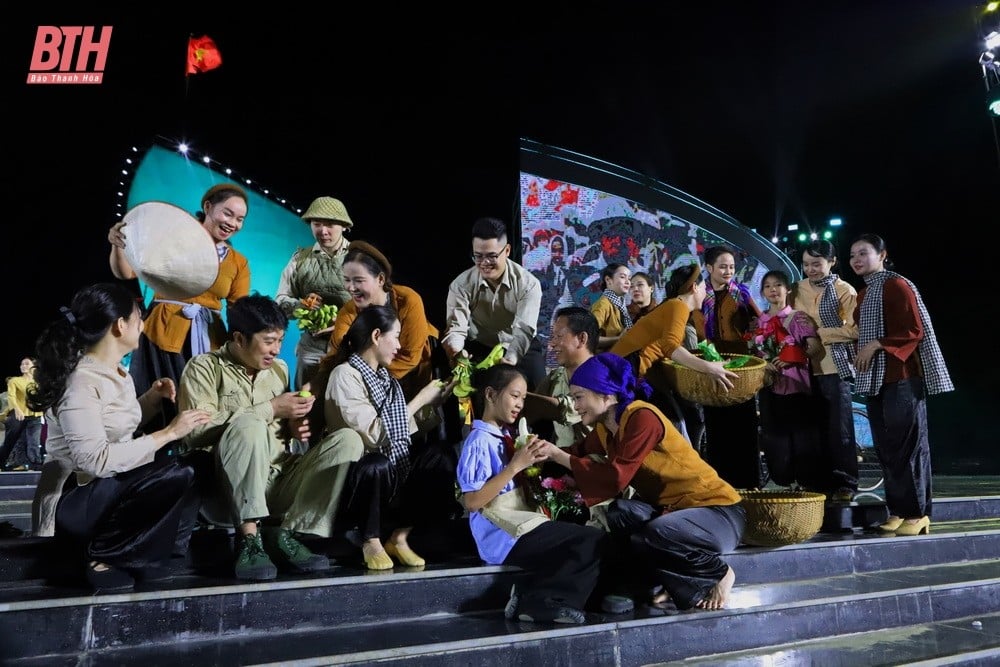 |
| An art performance in the art program celebrating the 70th anniversary of welcoming compatriots, cadres, soldiers and students from the South to the North, held in Thanh Hoa, October 27, 2024. (Photo: Thanh Hoa Newspaper) |
Another memory that Mr. Tang also recalled: “Around March, when the weather was still cold, I got pneumonia. To ensure the number of soldiers, the military doctor sent me to Ms. Tung's house in Doi Son village. Ms. Tung had two children, the eldest son named Tung, and a niece named Tinh. Ms. Tung's husband died of famine in 1945. After being in bed for a week, every day before going to the field, she came to visit me. Another touching story was that her family only had one bushel of rice left. She pounded it to get white rice to cook porridge for me, and the remaining broken rice, bran, and husks were ground very finely, mixed with taro leaves and steamed for her and her children to eat.
The hen laid 3 eggs, when the rice ran out it stopped laying, and those 3 eggs were used to make porridge for me. At first, I thought to myself, maybe Ms. Tung loved me. But it wasn’t, it was the love of the people who loved the soldiers with all their heart, to help me recover quickly from my illness and return to my unit, to build a strong force to liberate the South with my brothers. That act of kindness will always be remembered by me.”
The regrouping to the North is not only a historical milestone but also a vivid symbol of solidarity between the two regions. The memories of the sharing hearts of Thanh Hoa people are proof of the strength of humanity, together overcoming difficulties for a peaceful and unified future.



![[Photo] Parade to celebrate the 50th anniversary of Laos' National Day](/_next/image?url=https%3A%2F%2Fvphoto.vietnam.vn%2Fthumb%2F1200x675%2Fvietnam%2Fresource%2FIMAGE%2F2025%2F12%2F02%2F1764691918289_ndo_br_0-jpg.webp&w=3840&q=75)
![[Photo] Worshiping the Tuyet Son statue - a nearly 400-year-old treasure at Keo Pagoda](/_next/image?url=https%3A%2F%2Fvphoto.vietnam.vn%2Fthumb%2F1200x675%2Fvietnam%2Fresource%2FIMAGE%2F2025%2F12%2F02%2F1764679323086_ndo_br_tempimageomw0hi-4884-jpg.webp&w=3840&q=75)





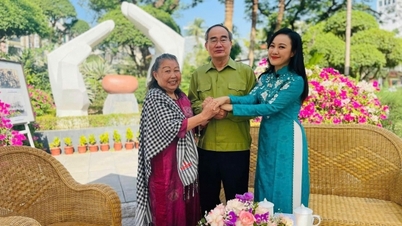
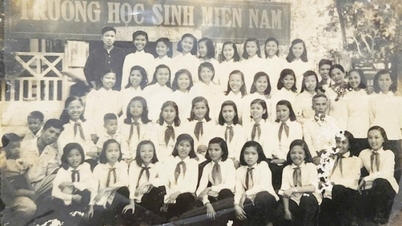
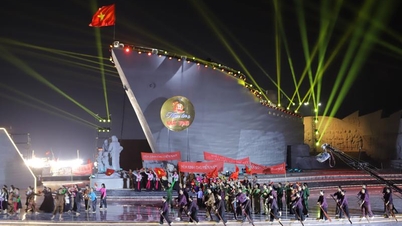

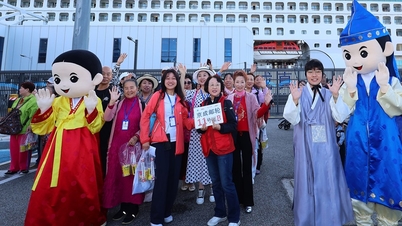

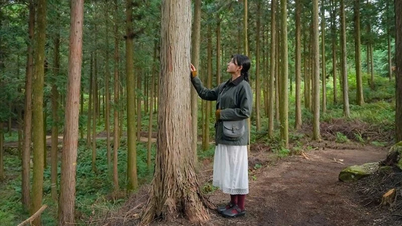


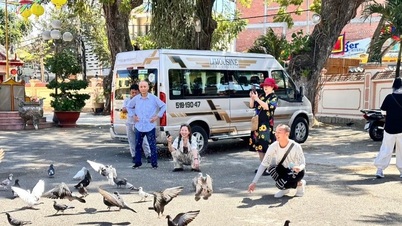








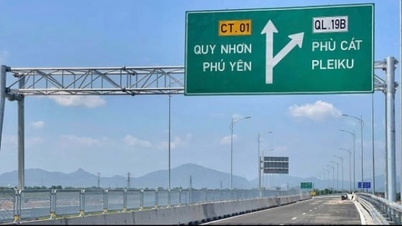
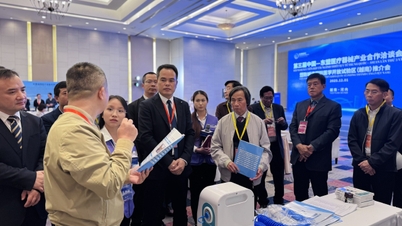
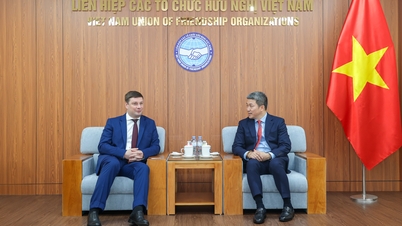

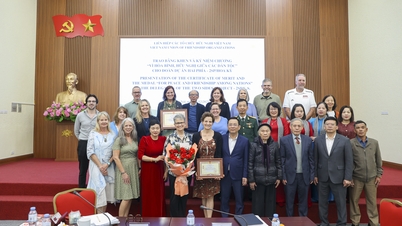
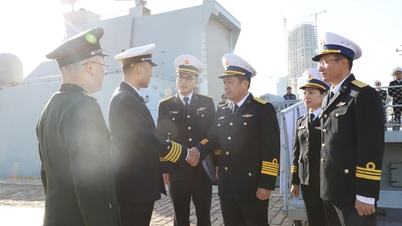
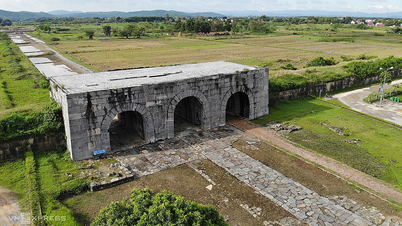









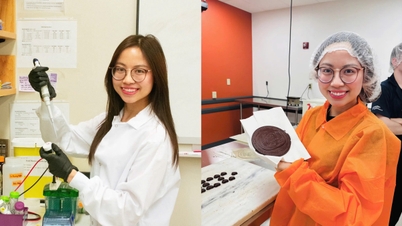






















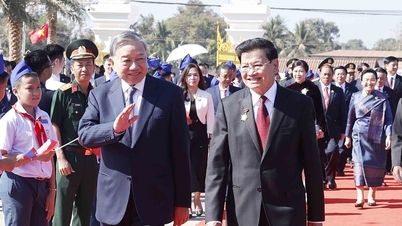
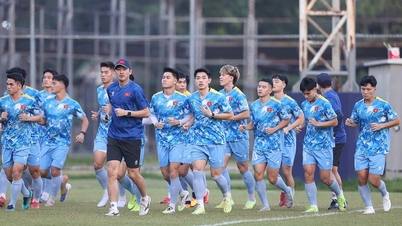



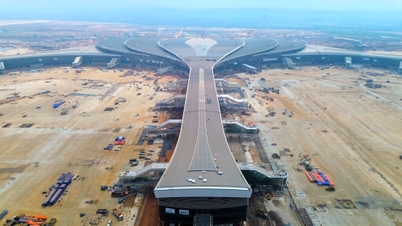

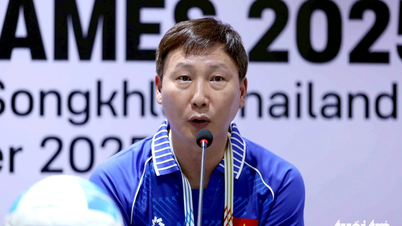

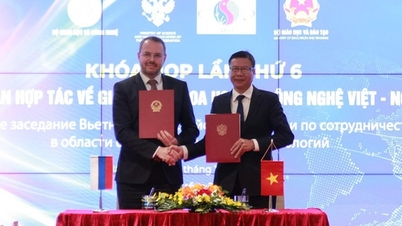
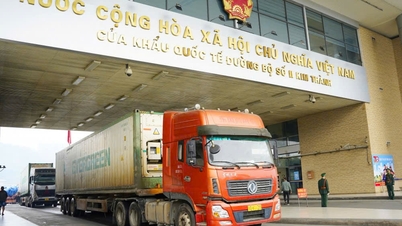

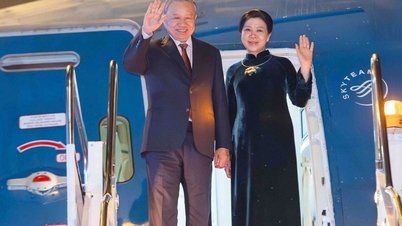

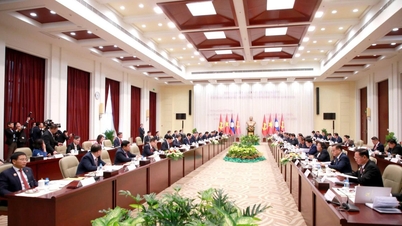

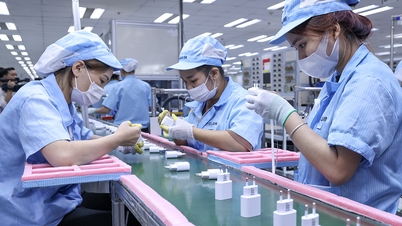
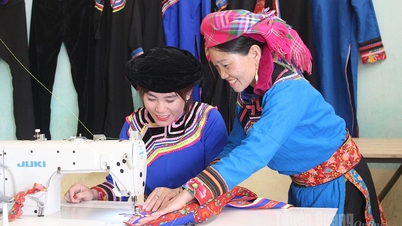


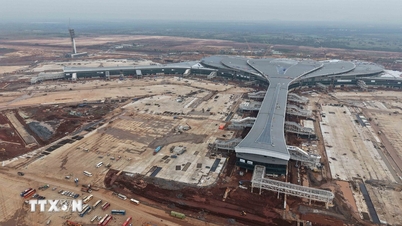




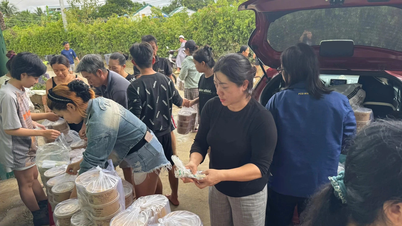










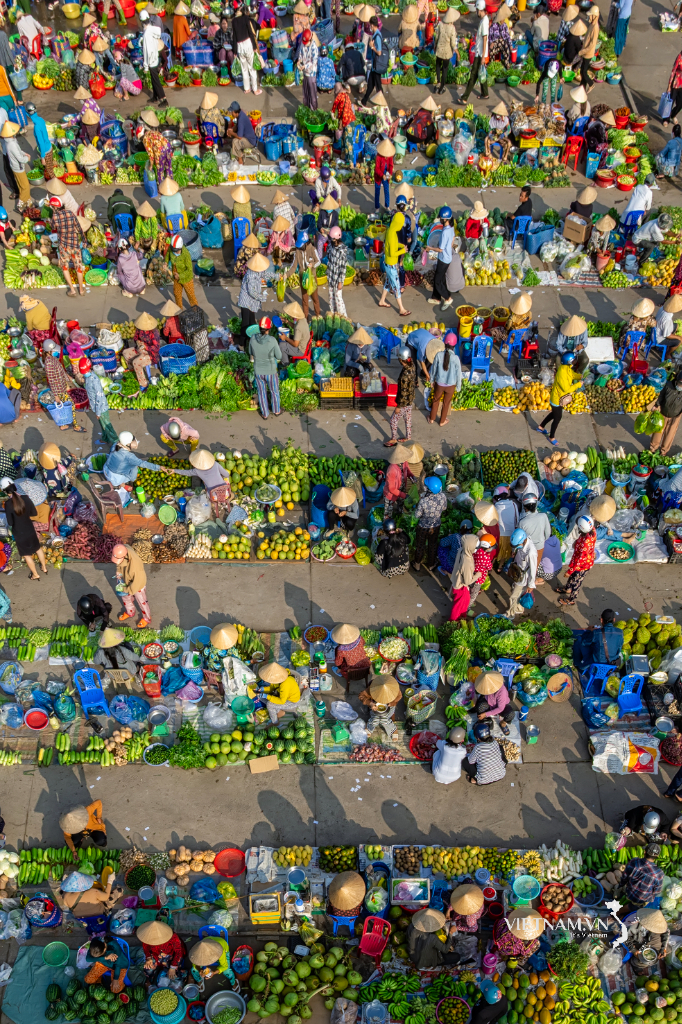


Comment (0)